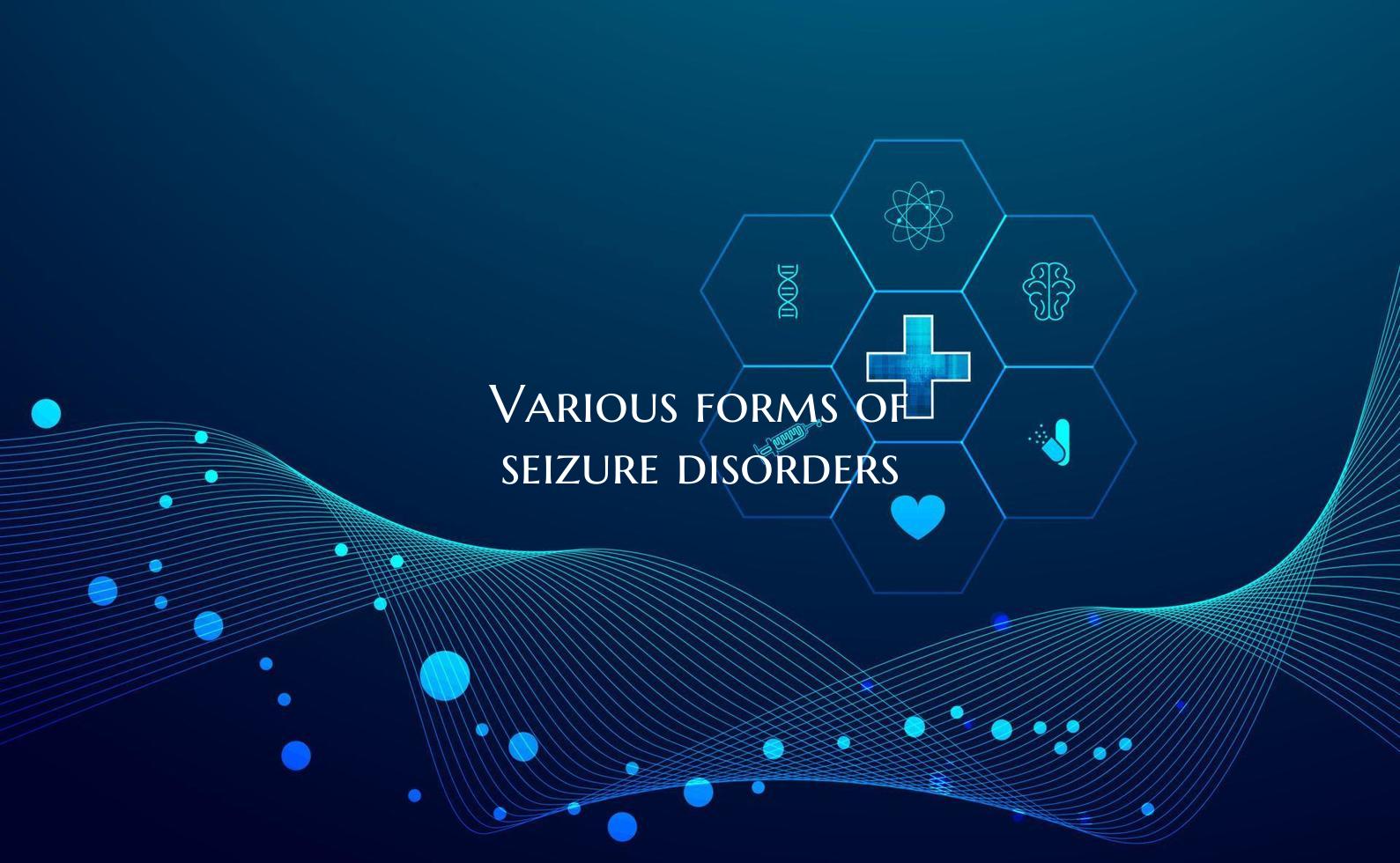
Various forms of seizure disorders
Various Forms of Seizure Disorders
Seizure disorders are a group of neurological conditions characterized by abnormal electrical activity in the brain, leading to sudden, temporary changes in behavior, awareness, movements, or sensation. There are several types of seizure disorders, each with unique characteristics, triggers, and treatment approaches. Understanding the different forms of seizure disorders is essential in effectively managing and providing appropriate care for individuals living with these conditions.
1. Epileptic Seizures: Epilepsy is a chronic neurological disorder characterized by recurrent seizures. Epileptic seizures are classified into two main categories: focal (partial) seizures and generalized seizures. - Focal (Partial) Seizures: These seizures originate in a specific area of the brain and may cause a range of symptoms, including twitching or jerking of a specific body part, changes in emotions or sensations, and altered consciousness. - Generalized Seizures: These seizures involve both sides of the brain and can cause loss of consciousness, muscle stiffness, convulsions, or staring spells.
2. Non-epileptic Seizures: Non-epileptic seizures, also known as pseudoseizures, can mimic epileptic seizures but are not caused by abnormal electrical activity in the brain. Instead, these seizures may be triggered by psychological factors, such as stress, trauma, or conversion disorder.
3. Febrile Seizures: Febrile seizures are convulsions that occur in young children in association with a high fever. These seizures are typically brief and do not cause long-term neurological problems. Febrile seizures are more common in children between the ages of 6 months and 5 years.
4. Absence Seizures: Absence seizures, also known as petit mal seizures, are a type of generalized seizure characterized by brief episodes of staring or subtle body movements. These seizures often go unnoticed because they are short and may be mistaken for daydreaming.
5. Tonic-Clonic Seizures: Tonic-clonic seizures, formerly known as grand mal seizures, are a type of generalized seizure that involves a loss of consciousness, stiffening of the body (tonic phase), and rhythmic jerking movements (clonic phase). These seizures are often associated with a loud cry, tongue biting, and incontinence.
6. Myoclonic Seizures: Myoclonic seizures involve sudden, brief muscle jerks or twitches that can affect a specific part of the body or multiple muscle groups. These seizures may occur in isolation or as part of a syndrome such as juvenile myoclonic epilepsy.
7. Atonic Seizures: Atonic seizures, also known as drop attacks, cause a sudden loss of muscle tone, leading to a person collapsing or falling to the ground. These seizures can result in injury due to the loss of postural control.
It is important to work closely with healthcare professionals, including neurologists and epileptologists, to diagnose and manage seizure disorders effectively. Treatment options may include antiseizure medications, lifestyle modifications, surgical interventions, or other therapies tailored to the specific type of seizure disorder and individual needs. By understanding the various forms of seizure disorders and their unique characteristics, individuals affected by these conditions can receive the appropriate care and support to manage their symptoms and improve their quality of life.